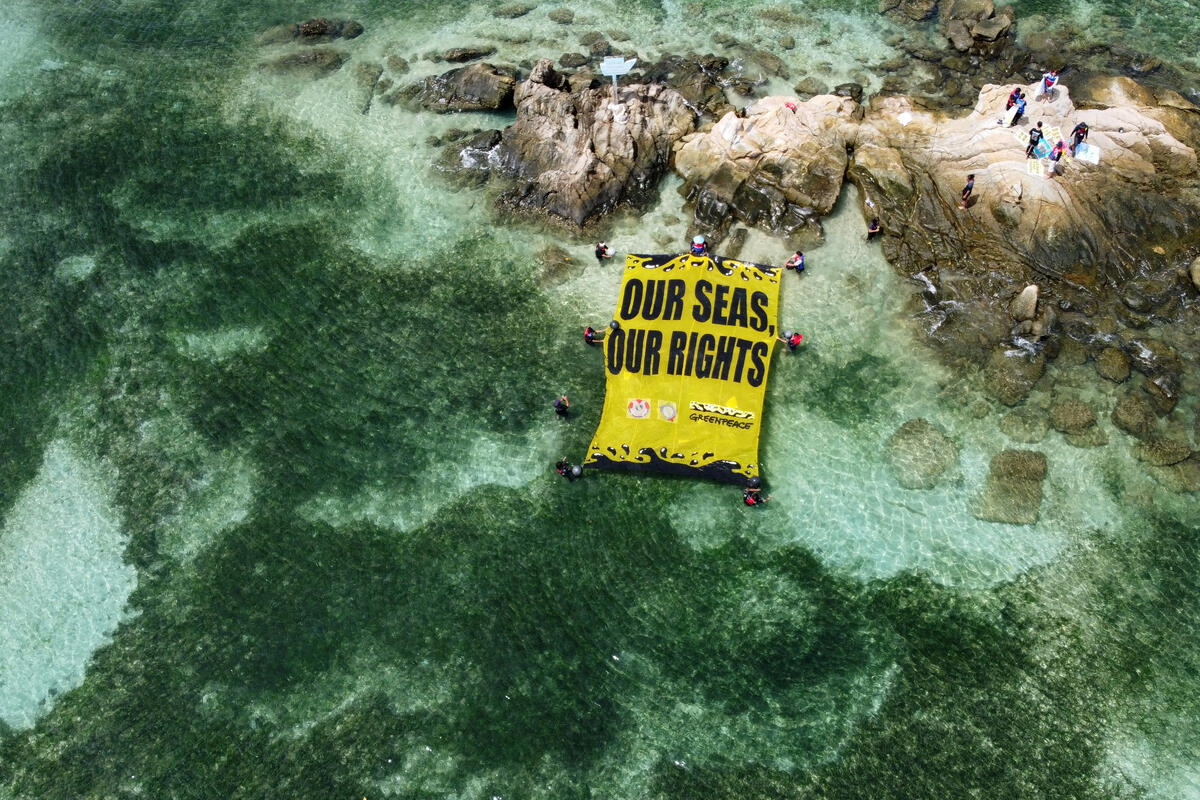How Greenpeace changed the world
Greenpeace campaigns are changing the world for the better. From saving the whales to getting rid of polluting cars, here are some of Greenpeace’s biggest victories.
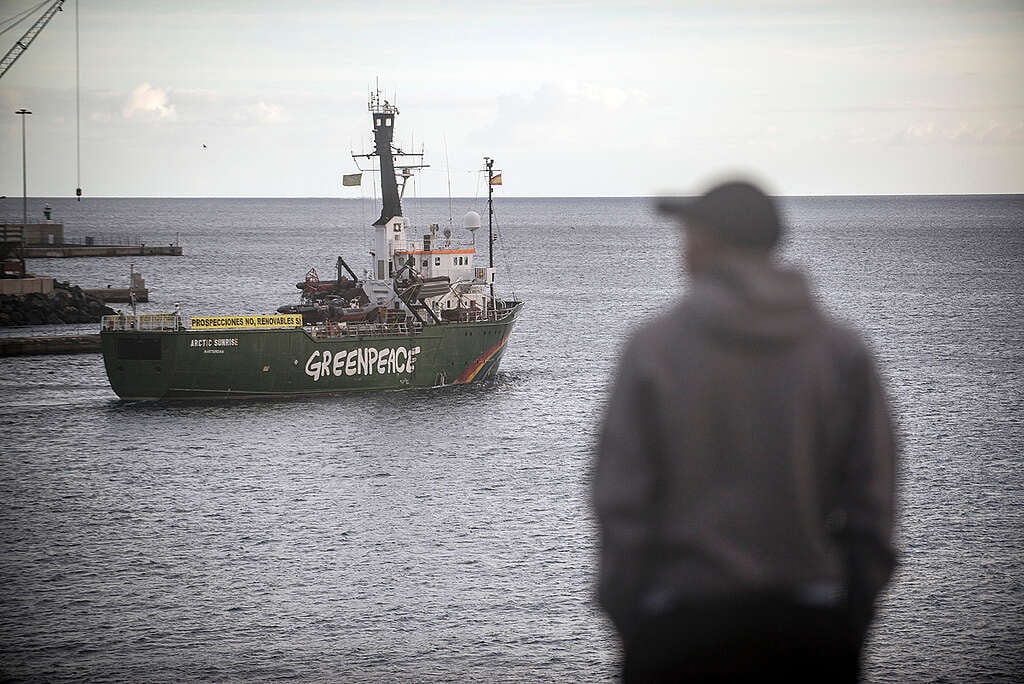
Powered by individual donations, volunteers, and millions of supporters, our campaigns blend science, investigative journalism, lobbying, mass mobilisation, and creative peaceful protest. Our iconic ships also help protect remote, precious environments. We’re not there yet, but every win, often alongside grassroots allies, shows what’s possible.
-
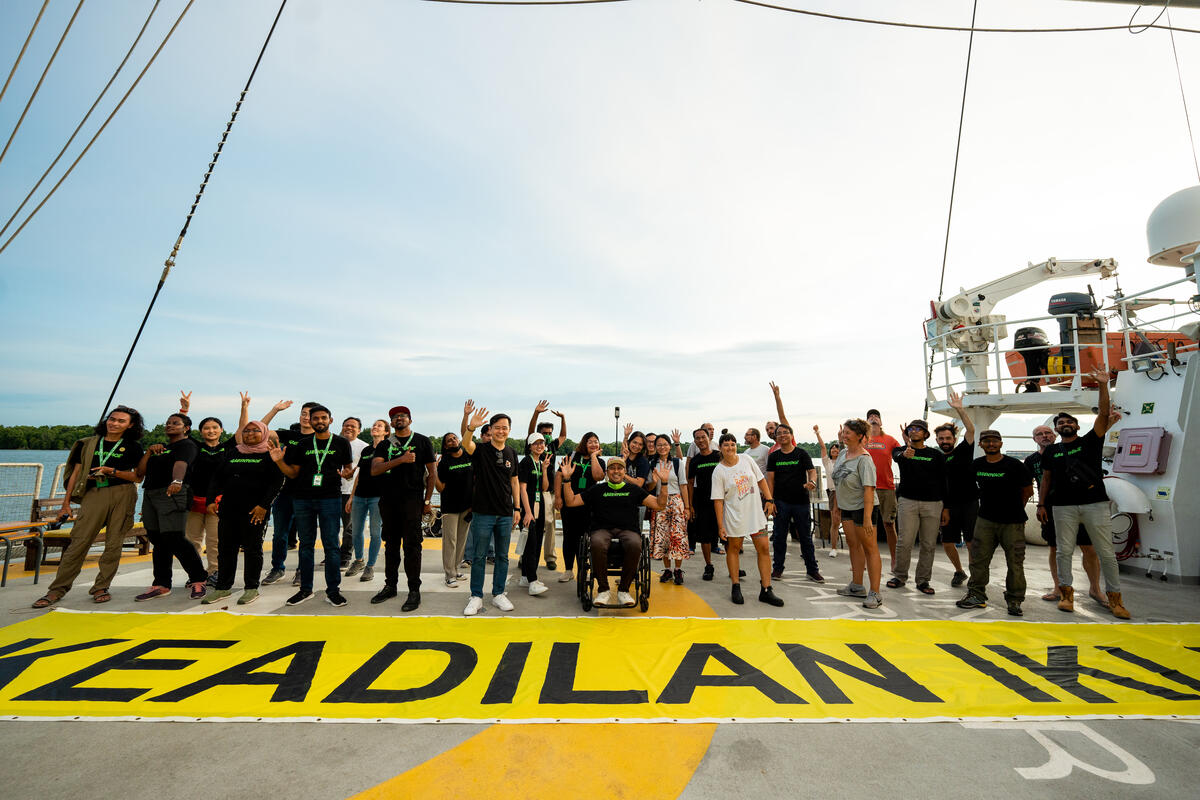
A journey through 25 years of hope
It sounds like a long time, but for Greenpeace Southeast Asia, it feels like a heartbeat.A heartbeat that began in a small office filled with big dreams that people, united…
-
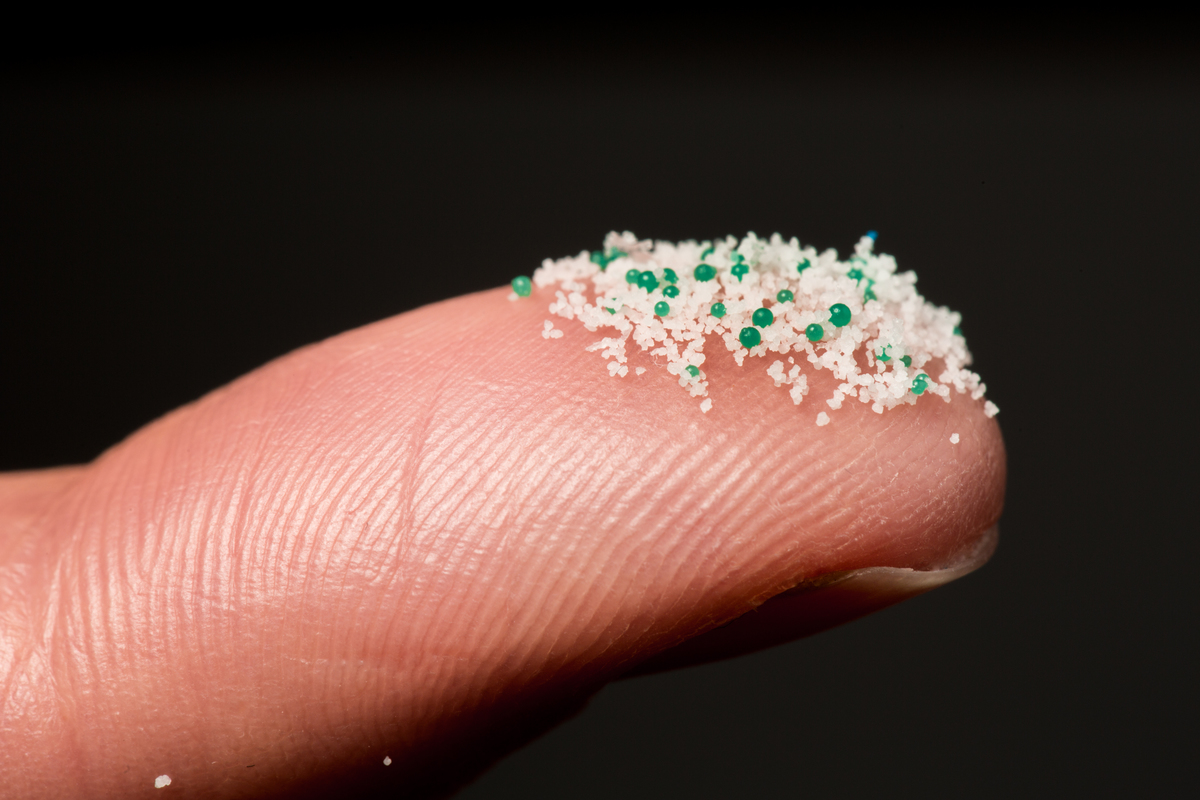
“Nice Declaration” for an ambitious plastics treaty
10 June 2025, Nice, France – Over 90 member states at the United Nations Ocean Conference today announced their support to the ministerial declaration “The Nice wake up call for…
-
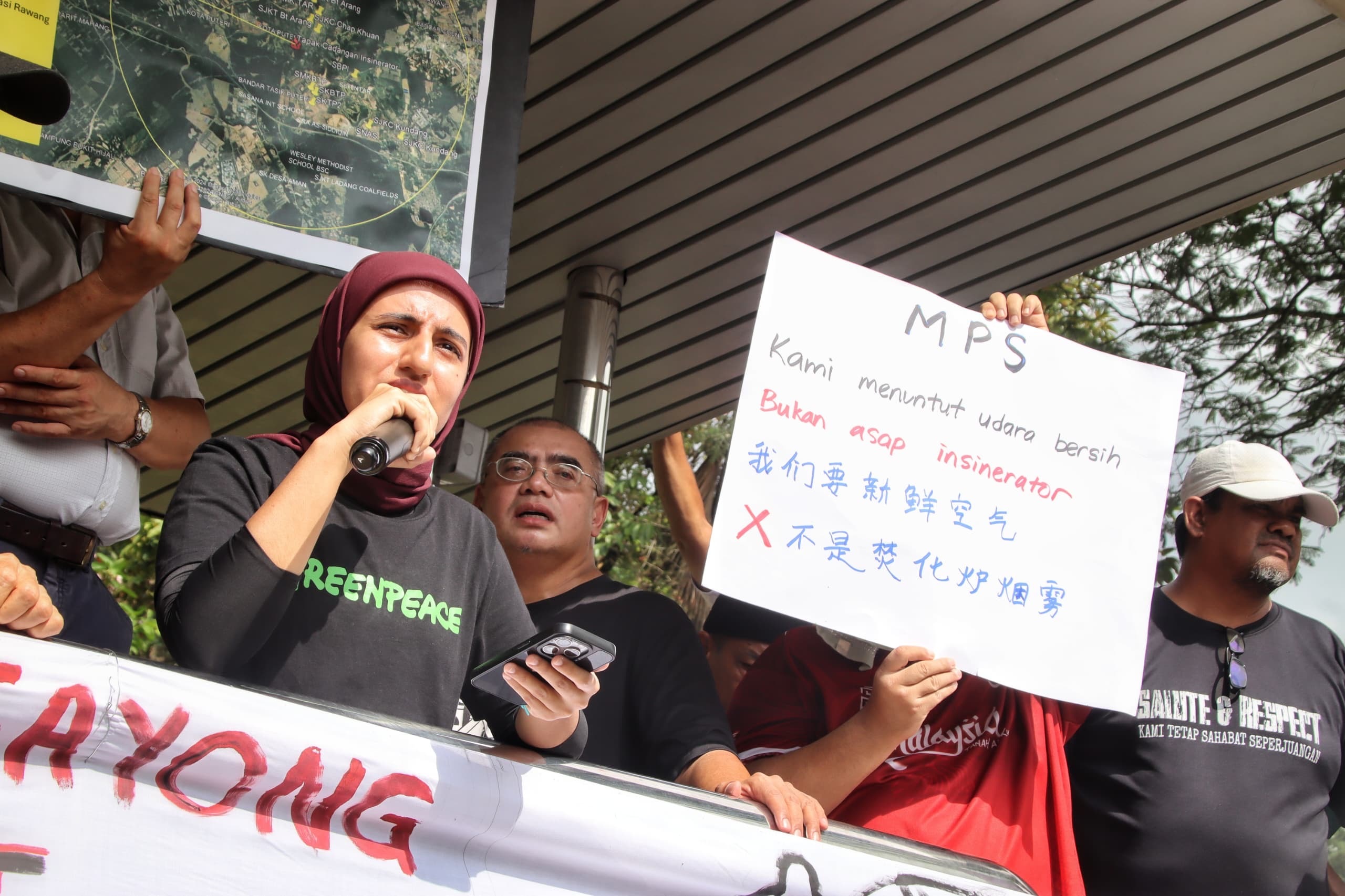
2024 Recap: A Year of Hope
Here’s a look back at some of the milestones and stories that defined our journey in 2024.
-
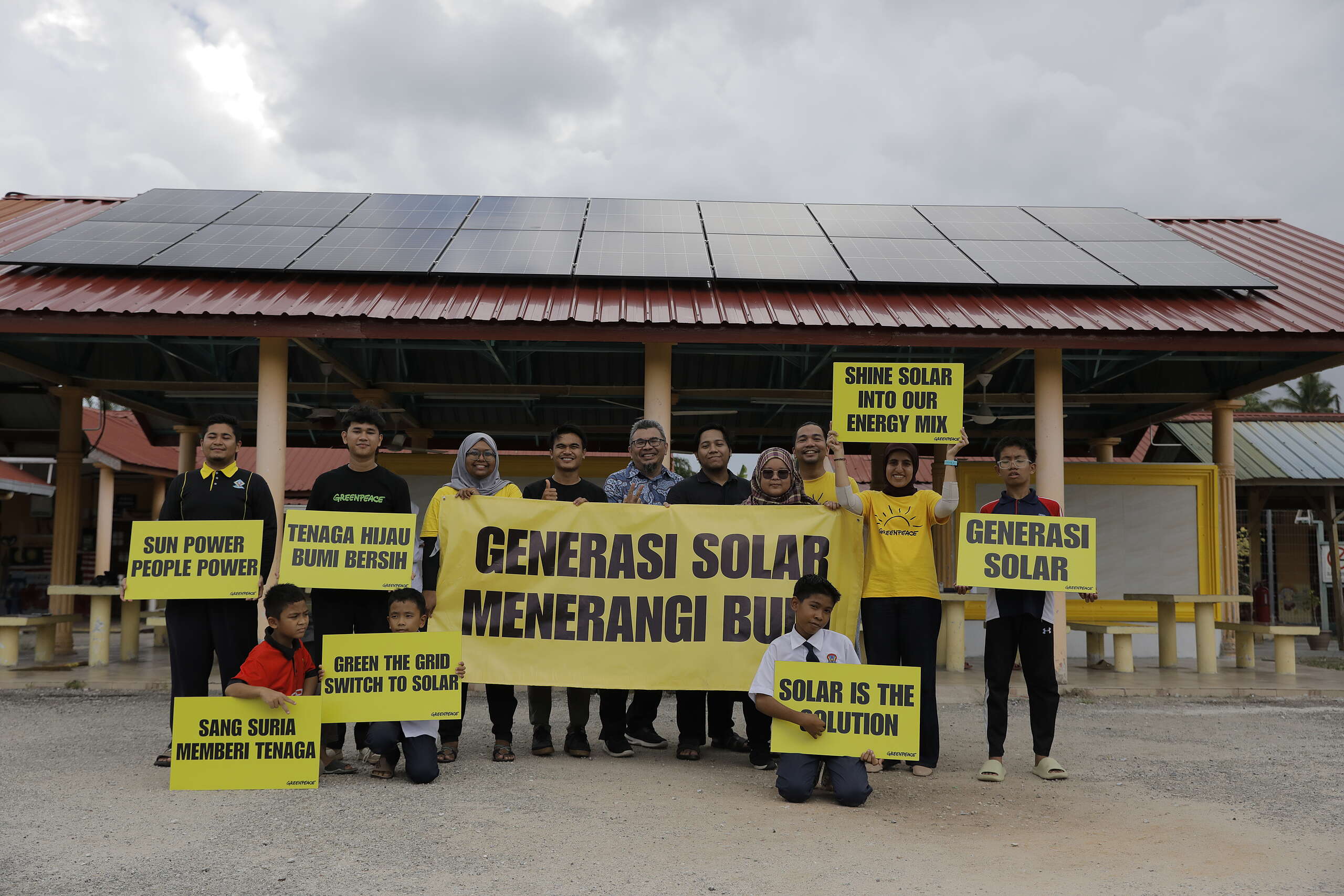
Powering up a welfare home
In a humble welfare home in Sabak Bernam, about 21 children now have a brighter future with solar energy, a project initiated by Greenpeace Malaysia.
-
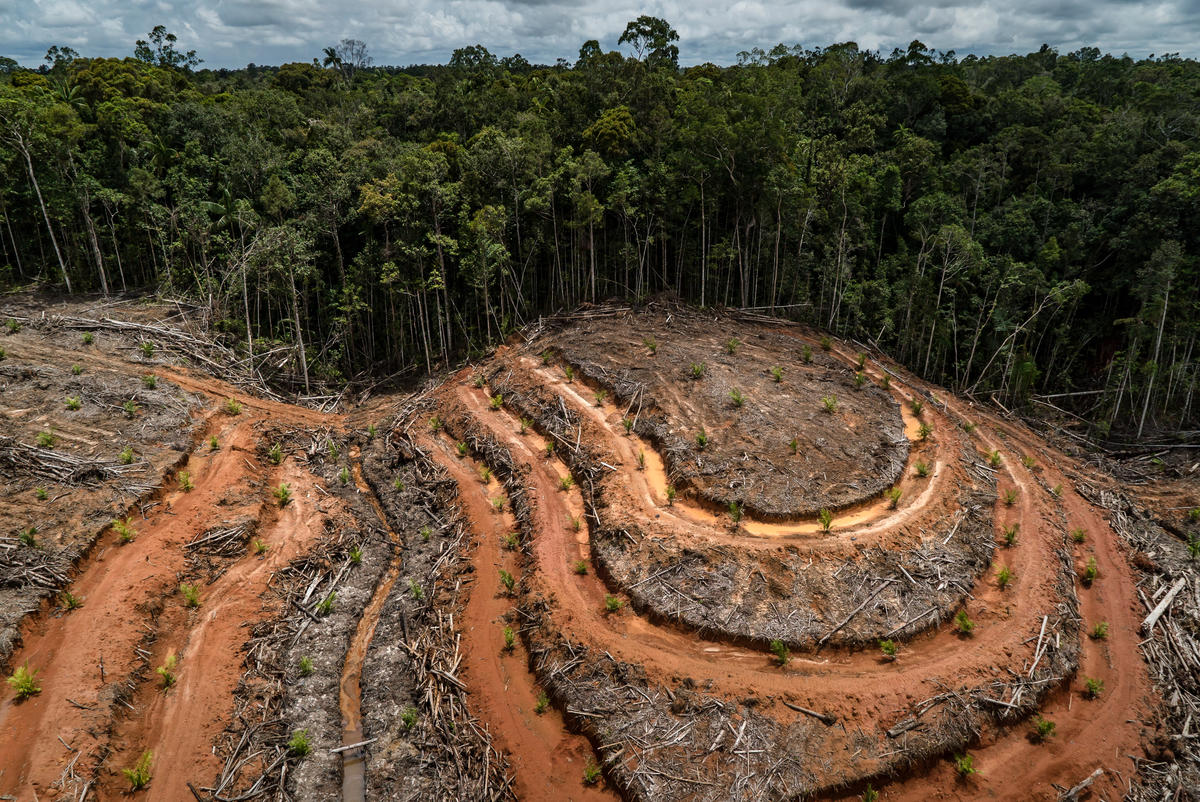
RSPO weakens standard on No Deforestation; misses opportunity to become compliant with incoming EU Deforestation Regulation
Jakarta, 24 October 2024 – The Roundtable on Sustainable Palm Oil (RSPO) has revised its key rule set for member companies, known as its ‘Principles and Criteria’. Grant Rosoman, Senior Advisor at…
-
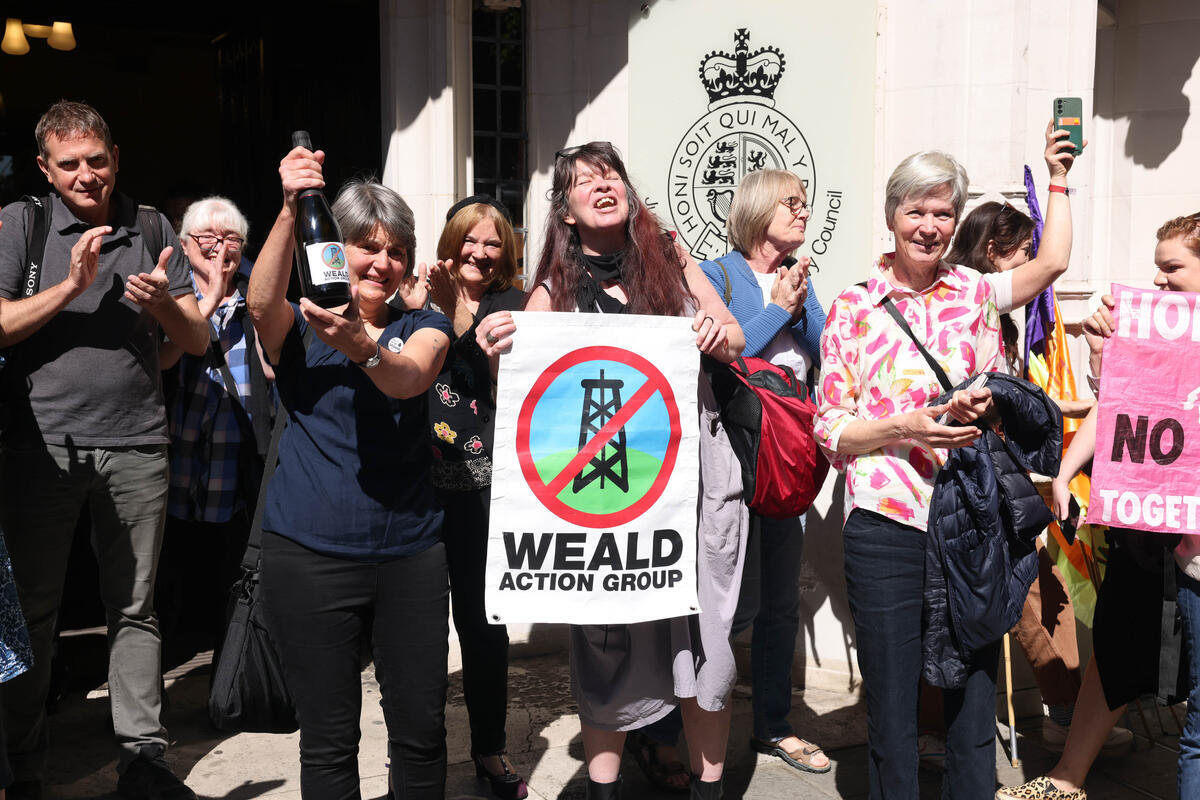
Good News Alert! 10 climate wins to inspire change
Notable wins in the climate and environmental justice space to inspire us in our fight for a better, greener, and fairer world for all.
-
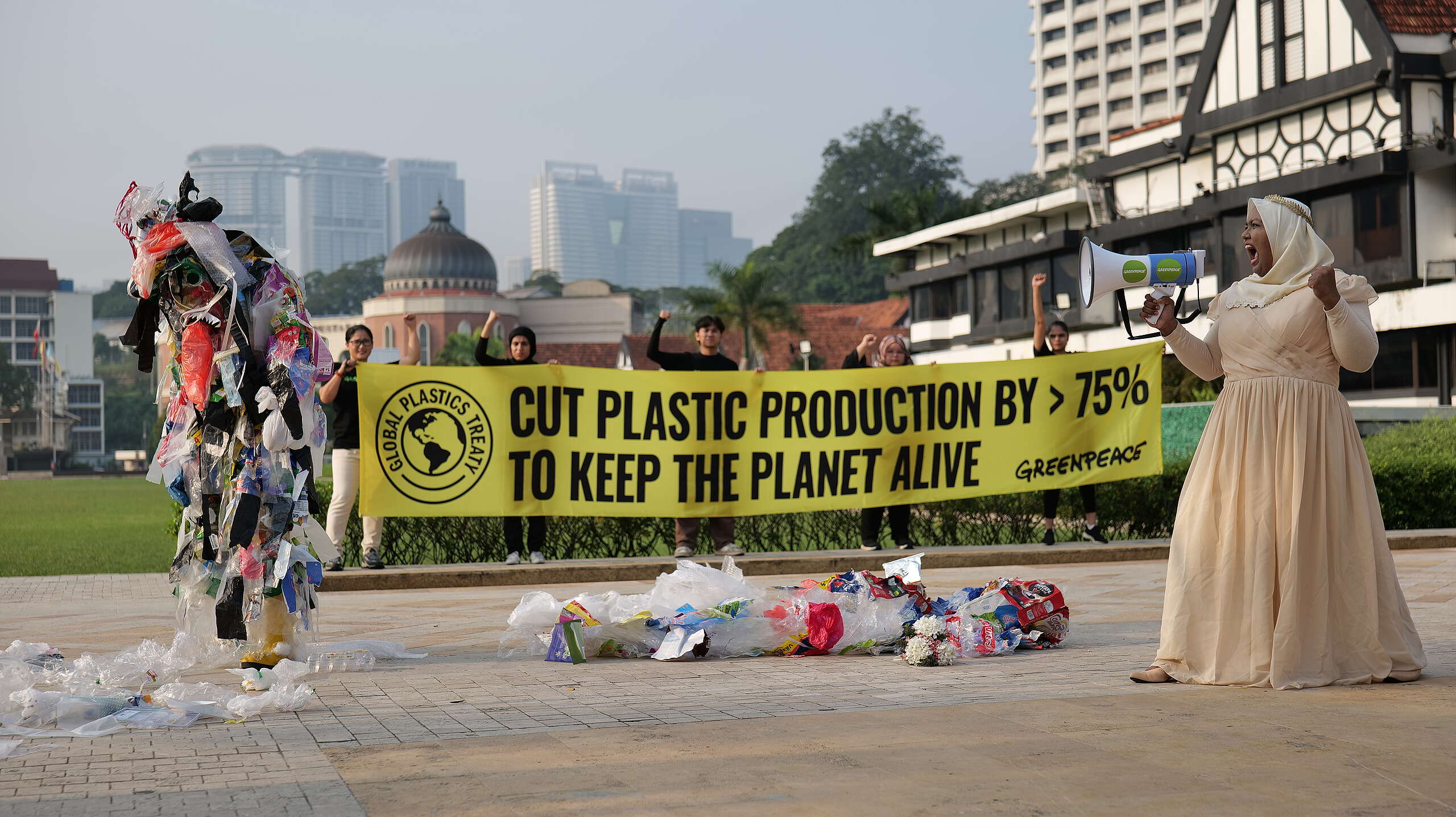
Celebrating Milestones: Greenpeace Malaysia’s Journey to Break Free from Plastic
A once-in-a-generation opportunity to protect people and the planet from the climate and plastic crises.
Greenpeace victories through the ages
Founded in 1971, Greenpeace now works in dozens of countries around the world, campaigning on a huge range of issues. These highlights from our 50-year history show how so many of the environmental protections we enjoy today were won through the bravery and dedication of Greenpeace campaigners, activists and supporters across the decades.
1972: US abandons nuclear testing grounds at Amchitka Island, Alaska
In 1971, a small group of activists set sail to Amchitka island off Alaska in an old fishing boat called The Greenpeace. Their mission: to stop a US nuclear weapons test. Although the voyage was racked with personal conflict, and failed to stop the test itself, it sparked a storm of publicity that ultimately turned the tide. Five months after the group’s mission, the US stopped the entire Amchitka nuclear test programme. The island was later declared a bird sanctuary.
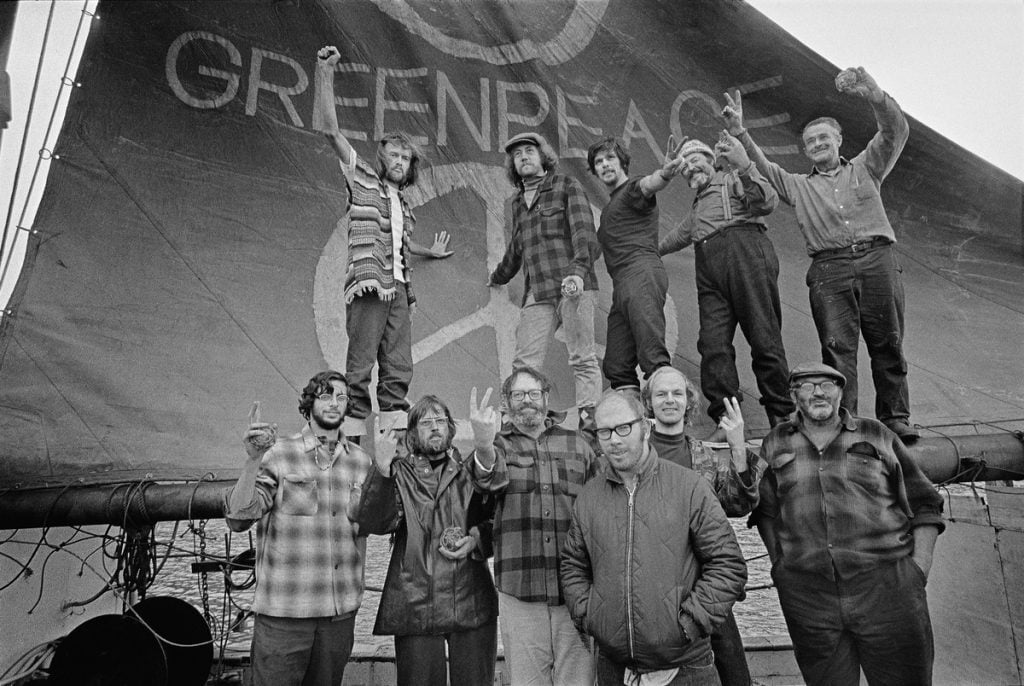
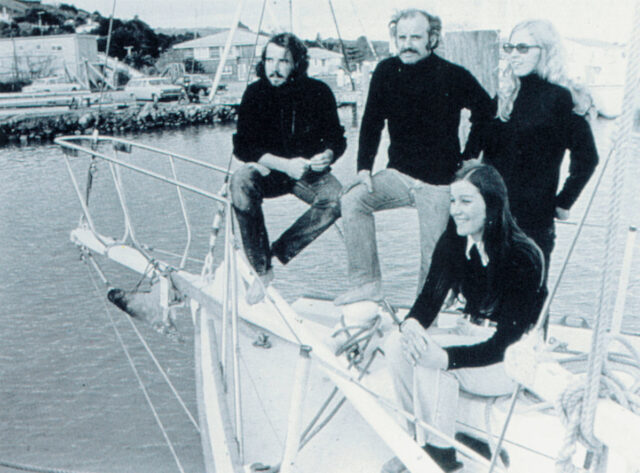
1974: France ends Pacific nuclear testing
In the 1970s and 80s, Greenpeace campaigned for a ban on nuclear testing. In 1974, Canadian activist David McTaggart took the French government to court. He won: in 1974 France announced that they would end their atmospheric nuclear testing program. The Nuclear Test Ban Treaty was eventually agreed in 1996, forbidding all nuclear weapon test explosions or other nuclear explosions.
1972: US abandons nuclear testing grounds at Amchitka Island, Alaska
In 1971, a small group of activists set sail to Amchitka island off Alaska in an old fishing boat called The Greenpeace. Their mission: to stop a US nuclear weapons test. Although the voyage was racked with personal conflict, and failed to stop the test itself, it sparked a storm of publicity that ultimately turned the tide. Five months after the group’s mission, the US stopped the entire Amchitka nuclear test programme. The island was later declared a bird sanctuary.
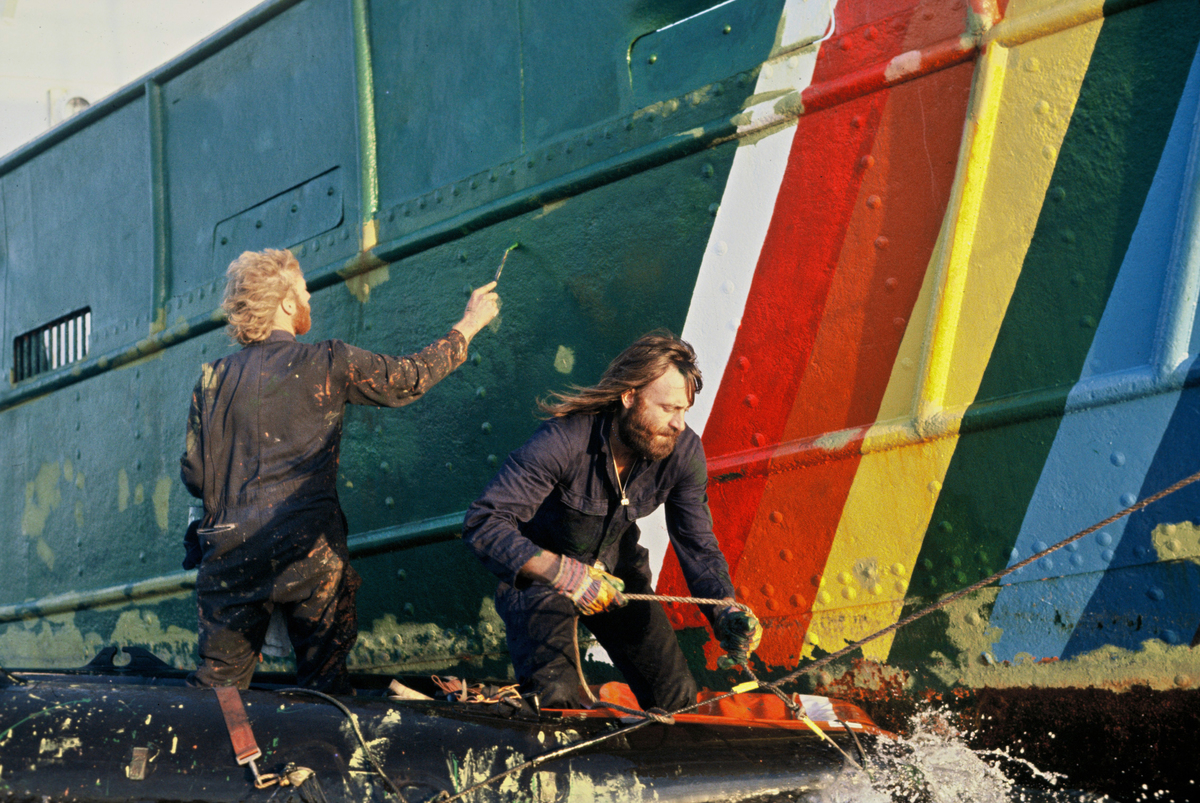
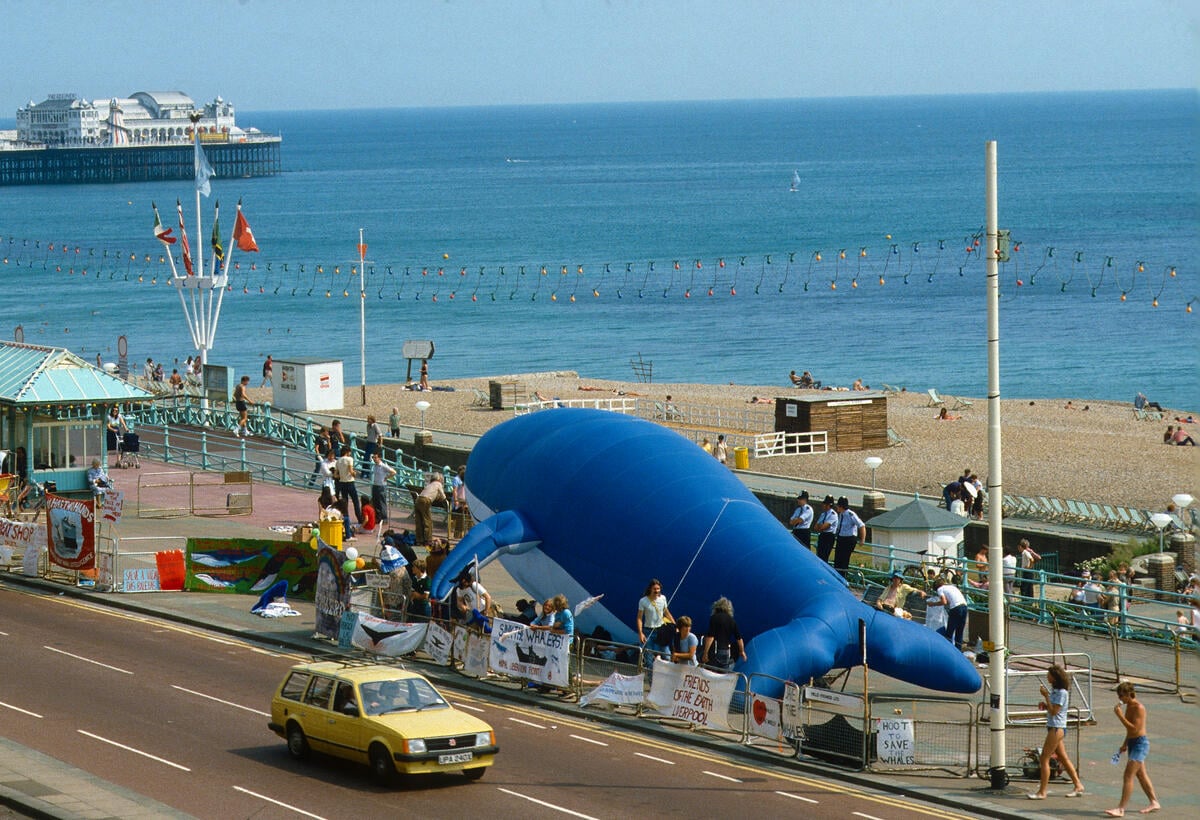
1982: Commercial whaling banned worldwide
Whaling devastated whale populations in the 20th century, pushing many to near extinction. Greenpeace exposed the cruelty through powerful imagery, sparking the global ‘Save the Whales’ movement. In 1982, the International Whaling Commission voted to ban commercial whaling.
1989: Greenpeace campaign ends the use of deadly drift nets
Greenpeace campaigned for 15 years against destructive fishing practices like bottom trawls and driftnets. Activists campaigned at sea, and produced a documentary exposing the reckless destruction they caused. This led to widespread public outrage, and even saw Japanese ships being denied entry into US waters of the Bering Sea in 1984. The UN eventually agreed a moratorium on using large driftnets in the high seas, followed by a worldwide ban in 1992.
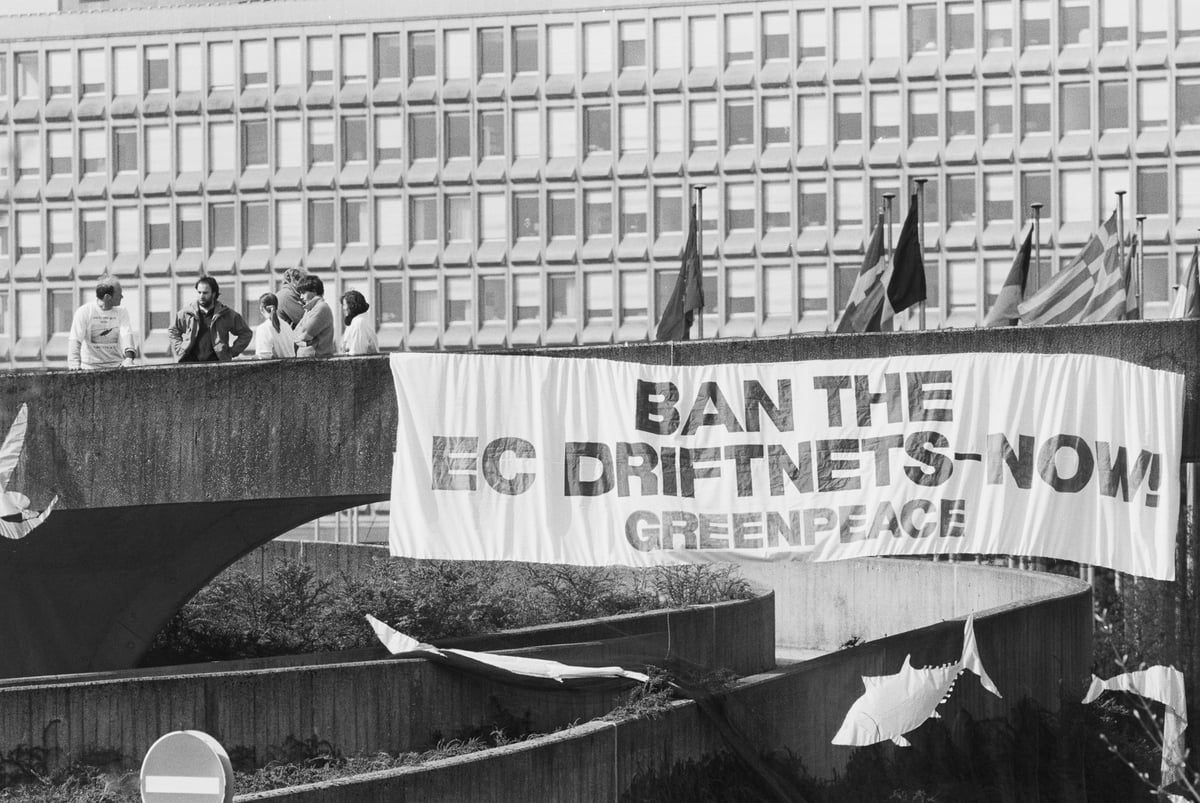
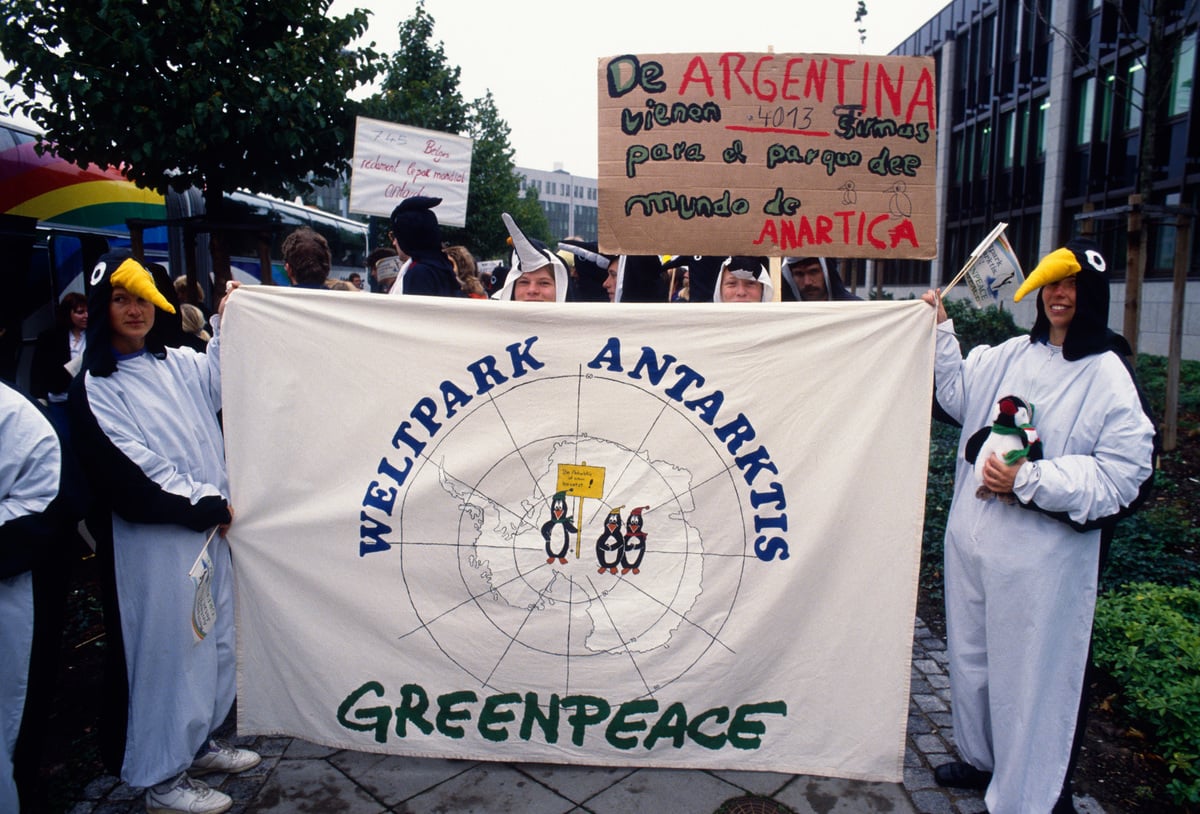
1991: Antarctic Treaty bans mining
Originally signed in 1958 to protect Antarctica for 30 years, the Treaty faced pressure in the 1980s due to oil interests. Greenpeace set up a base and campaigned for seven years. In 1991, nations agreed to new environmental rules, including a 50-year ban on mining.
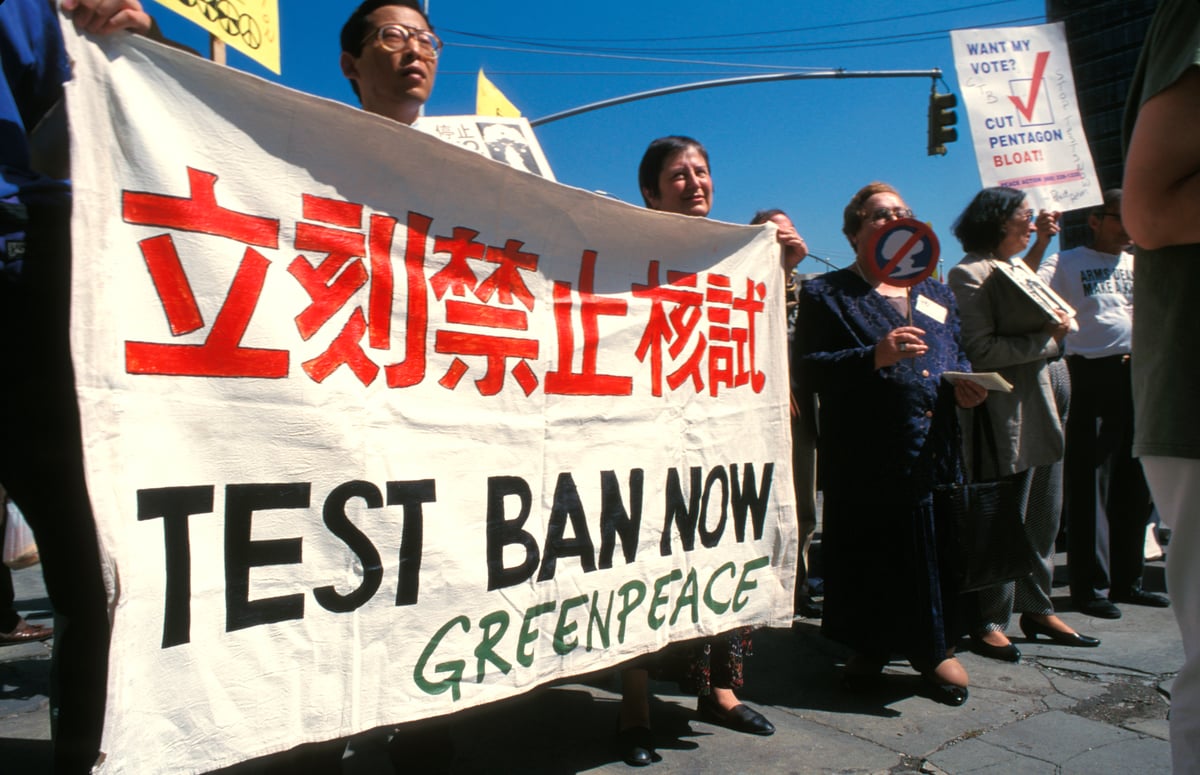
1996: A global ban on nuclear testing
After decades of campaigning by Greenpeace and other groups, a global nuclear weapons testing ban was finally passed in 1996. From 1994–96, the world’s nations came together to negotiate the Comprehensive Nuclear Test Ban Treaty, which prohibits all nuclear test explosions.
1998: Ban on dumping in the North Sea and beyond
The historic OSPAR Convention makes it illegal to dump toxic waste, scrapped oil rigs and other industrial equipment at sea in the north-east Atlantic. Greenpeace’s anti-dumping campaign mixed high-level political pressure with dramatic direct action, including the occupation of Shell’s notorious Brent Spar platform. Brent Spar was eventually towed to shore and recycled.
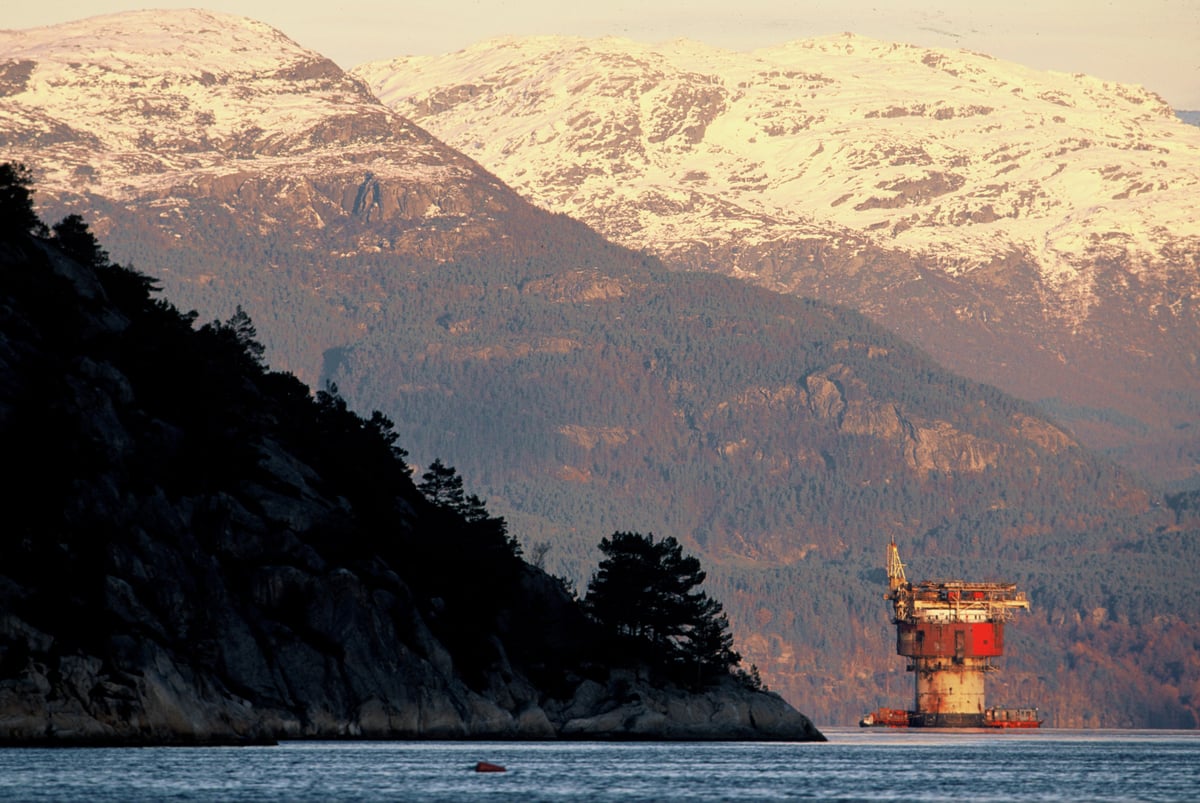
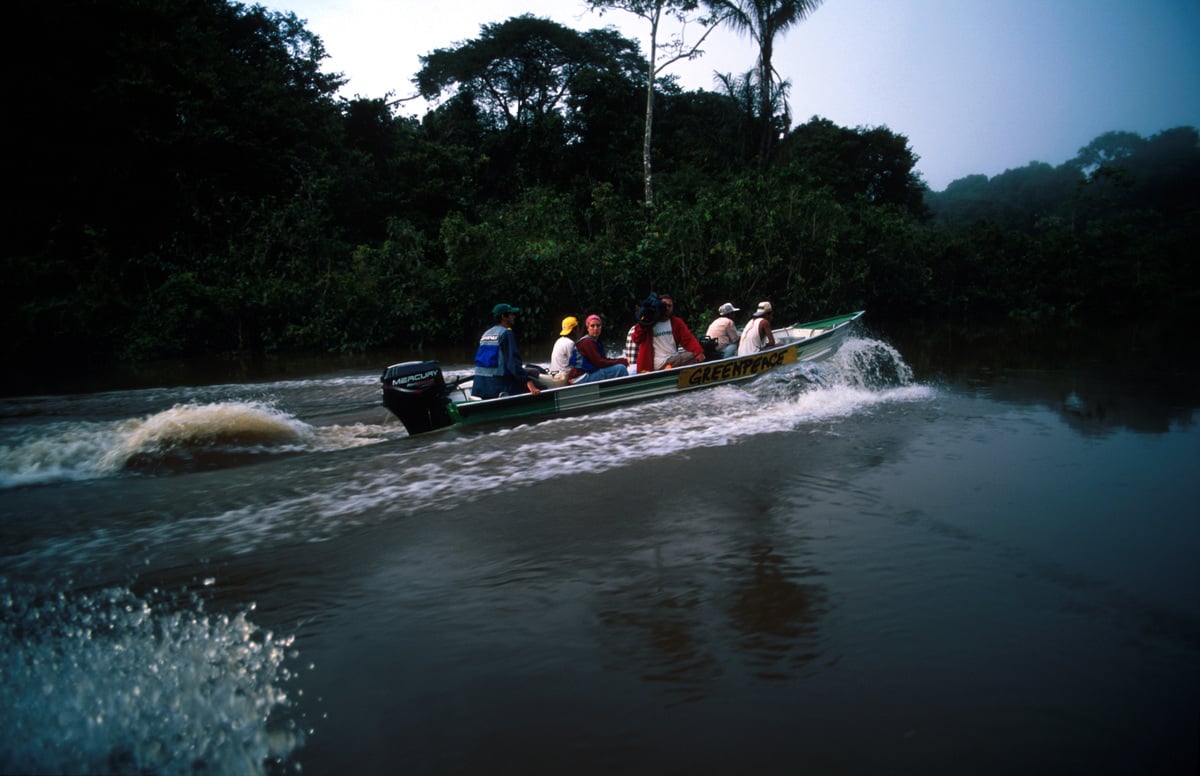
2004: Working with the Deni to protect their Amazon homeland
The Deni, an Indigenous group in the Brazilian Amazon, had their land illegally sold to loggers. After over a decade of waiting for recognition, they asked Greenpeace for help. We lived with them and trained them to map their territory using GPS. This pushed the government to act, and soon after, Brazil’s president officially recognised the Deni as owners of 1.6 million hectares of forest.
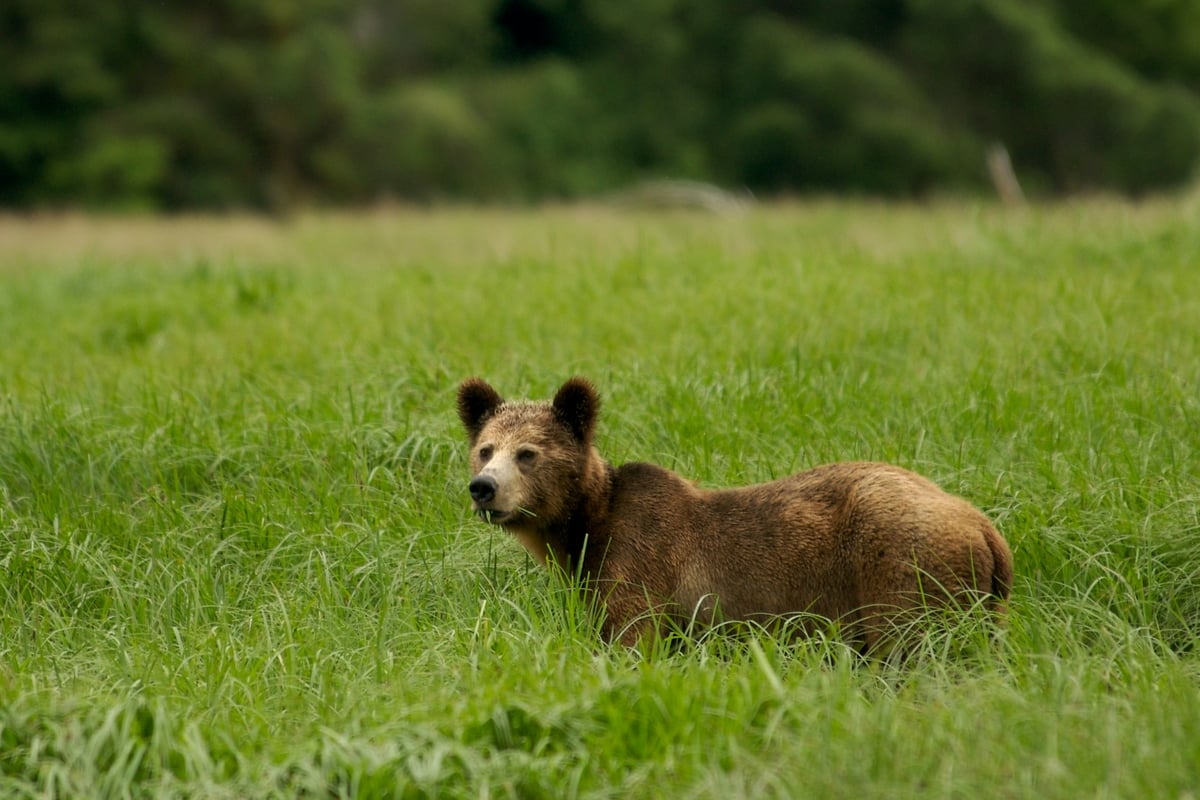
2006: Great Bear Rainforest protected from logging
After a ten-year campaign alongside First Nations groups, Greenpeace secured protection for over two million hectares of Canada’s stunning Great Bear Rainforest. Seen as one of the greatest environmental victories in Canadian history, the campaign saw activists arrested, sued and beaten as they resisted the logging interests that threatened the forest, and piled pressure on the British Columbian government to act.
2009: Daring climb halts a new wave of coal power stations
Greenpeace activists Emily, Huw, Kevin, Tim, Will and Ben climbed the 200m chimney at Kingsnorth coal-fired power plant, forcing it to go offline. At the time, the UK was planning a new generation of coal power stations. But this action – and the groundbreaking court case that followed – helped to transform the debate. The UK has now closed most of its remaining coal power stations, and renewable energy makes up a large and growing share of the electricity mix.
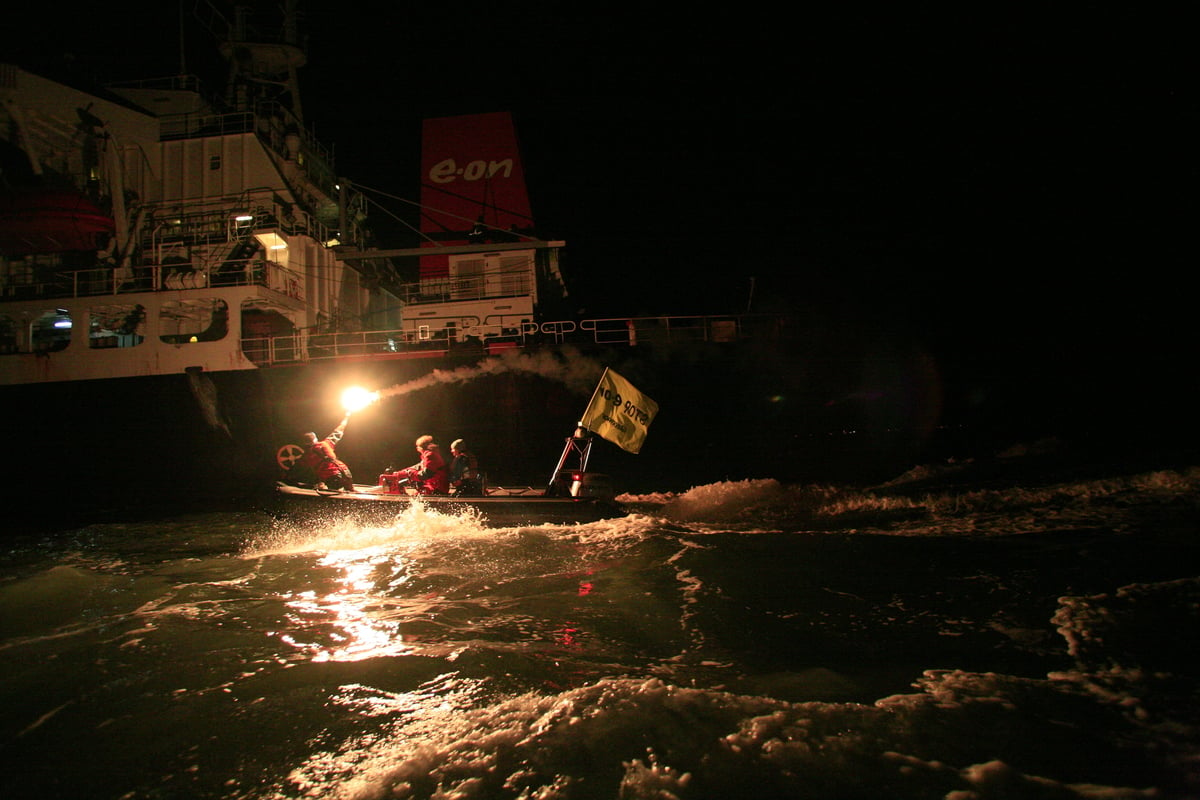
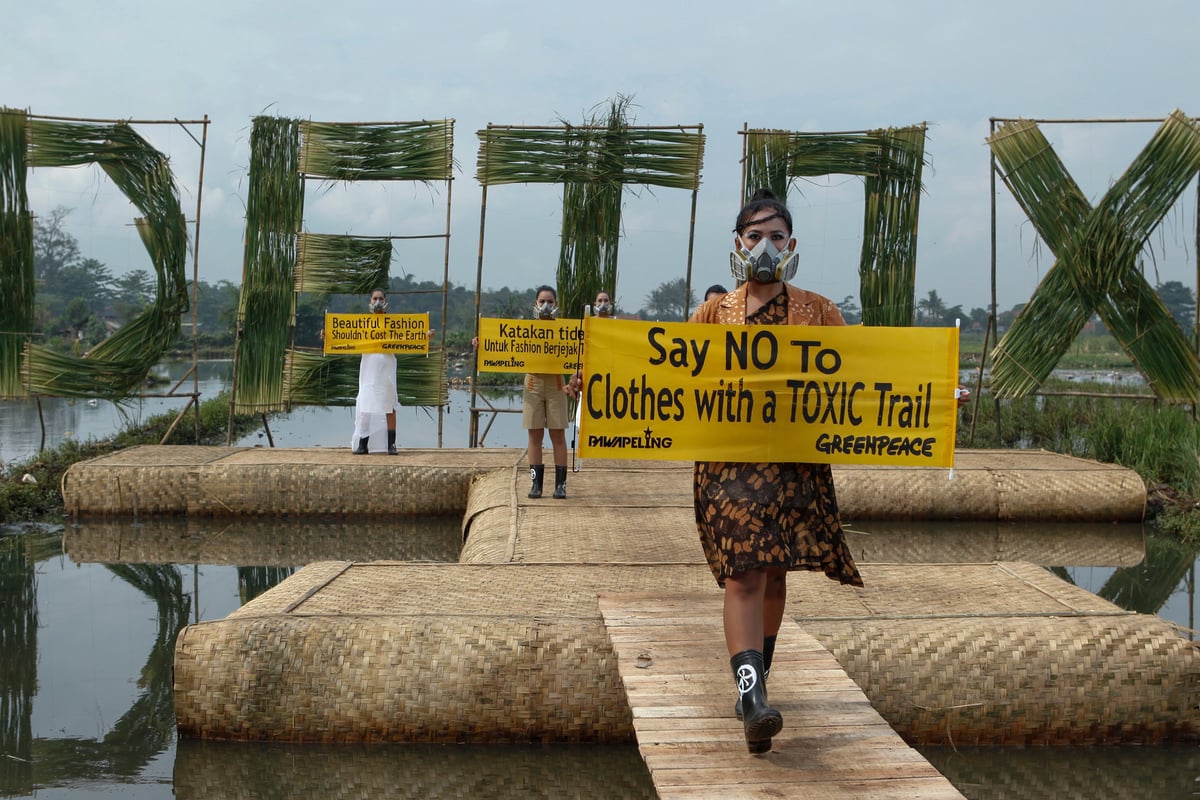
2014: 80+ fashion brands pledge to ditch toxic chemicals
Greenpeace’s Detox My Fashion campaign pushed brands to stop using hazardous chemicals. In response, 80 companies pledged to phase them out—and seven years later, all had made significant progress.
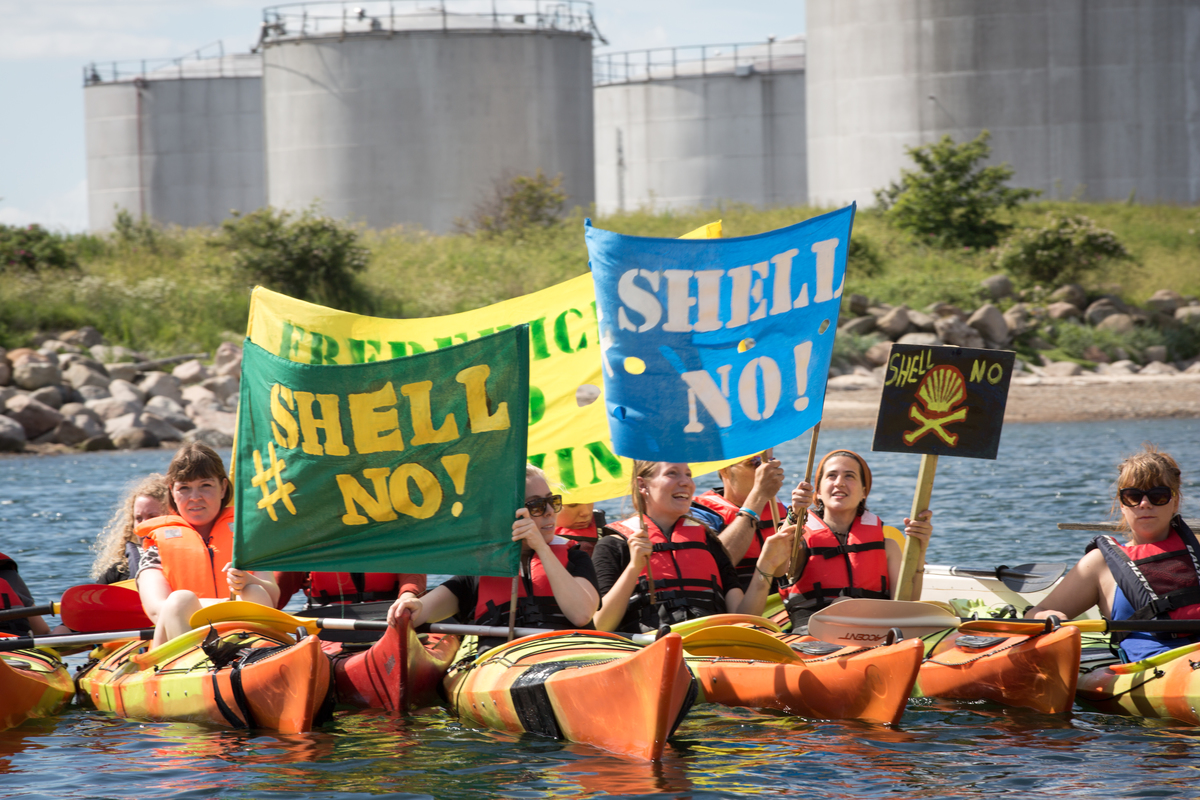
2015: Shell drops plans for Arctic drilling
In October 2015, Shell announced that it was giving up plans to drill for oil in the Alaskan Arctic. This followed years of Greenpeace protests all across the world, building a movement of millions of people that Shell couldn’t ignore. Shell blamed the decision on low oil prices and high costs, but the company also admitted that the protests had a bigger impact than they expected, and damaged Shell’s reputation.
2018: Plastic microbeads banned in the UK
After two years of campaigning from Greenpeace and many others, the UK government banned plastic microbeads in January 2018. Products like toothpastes, shower gels and facial scrubs with plastic microbeads can no longer be sold in the UK. This was an important first step to protect ocean life, and to stop plastic getting into the food chain.

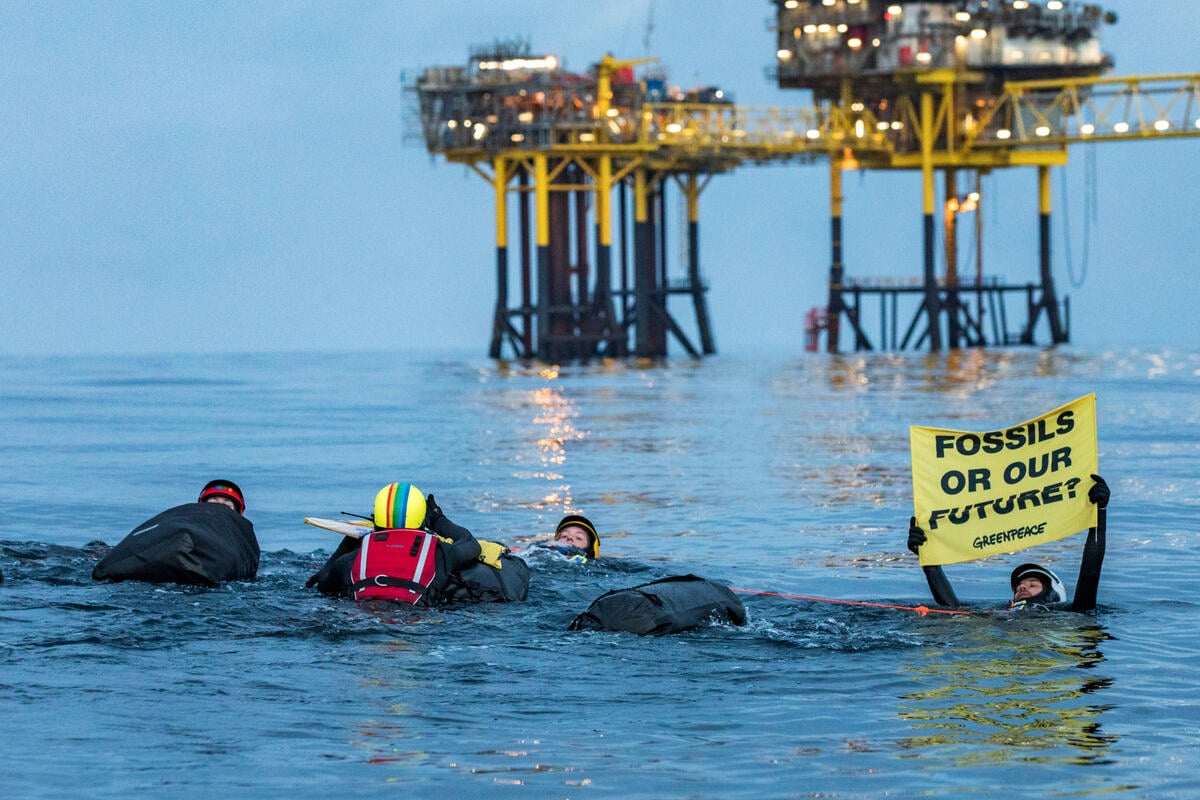
2020: Denmark ends North Sea oil drilling
The Danish Parliament announced that it won’t allow any new oil drilling in the Danish part of the North Sea, and will end existing production by 2050. They also allocated money to help impacted workers make the transition into greener industries. As a major oil producing country in the EU, Denmark’s announcement is major step towards phasing out fossil fuels.
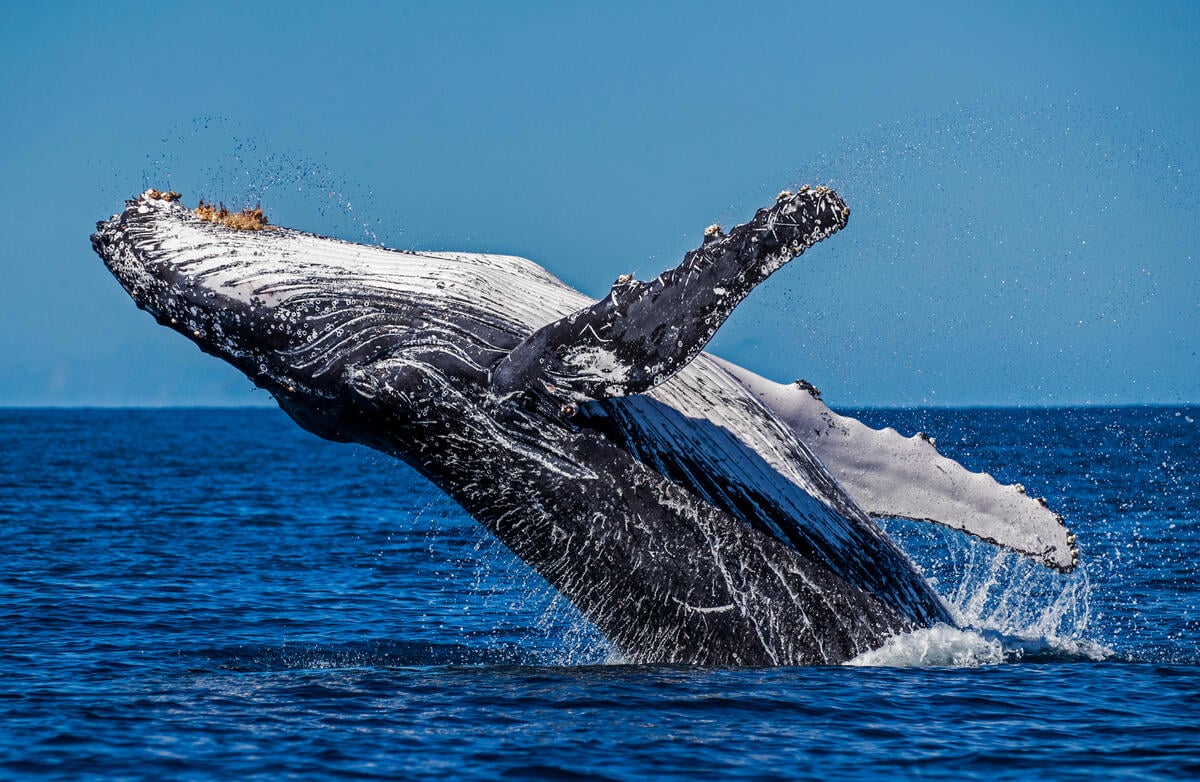
2023: Historic UN Global Ocean Treaty agreed
After years of tense negotiations, world leaders secured a Global Ocean Treaty. Over years of campaigning, Greenpeace visited every ocean, documenting challenges to marine life and ecosystems – from destructive fishing to deep sea mining. Hailed as the biggest conservation victory ever, the new treaty paves the way for the creation of ocean sanctuaries in which ecosystems can recover and thrive, potentially saving our oceans from the brink of disaster.
Subscribe for updates
Together we are part of a growing, global movement determined to bring about the changes our planet desperately needs.

